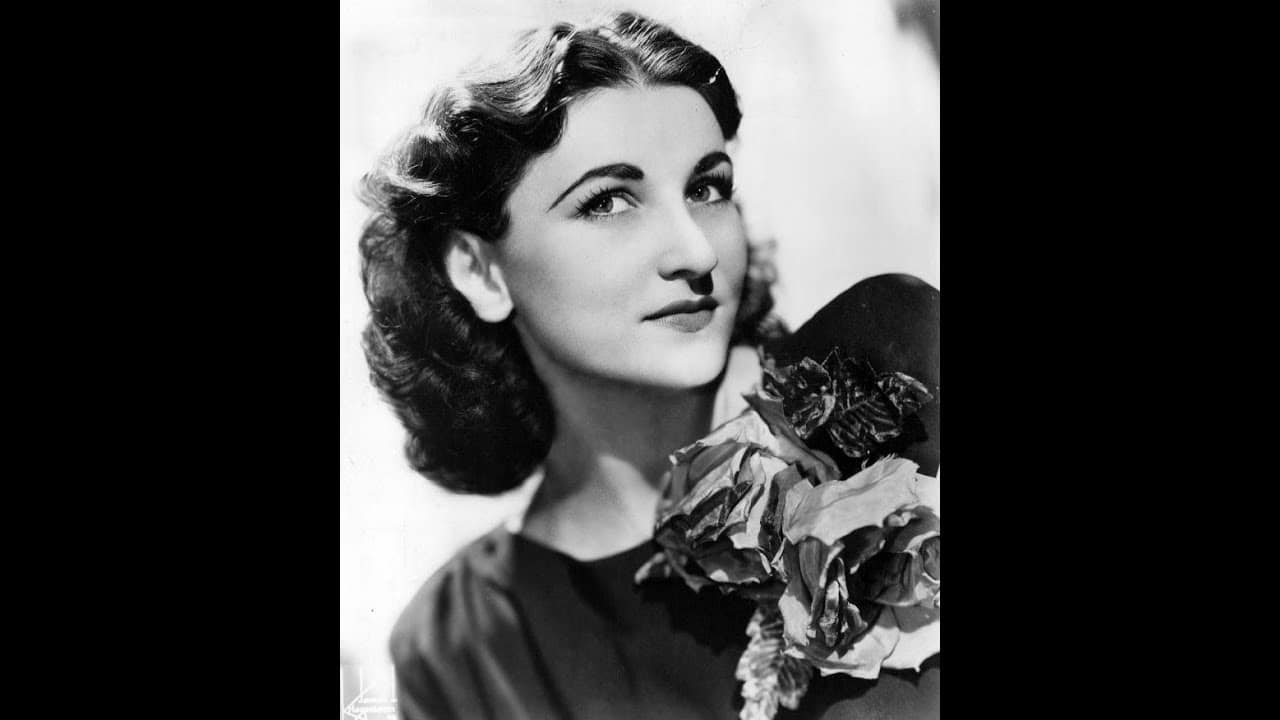Dallas gets a sponsored music critic
mainThe Dallas News has hired a full-time classical music critic, with a salary supported by the Rubin Institute for Music Criticism. The new guy, Tim Diovanni, wll work alongside veteran critic Scott Cantrell on a one-year contract.
Dallas, like many US newspapers, has made deep cuts in its cultural coverage.
Steve Rubin’s institute has enabled the Pittsburgh Post-Gazette, the Houston Chronicle and the Minneapolis Star Tribune to maintain full cover of the classical scene in cities with important orchestras that might otherwise die for lack of media oxygen.
Read on here.







Comments